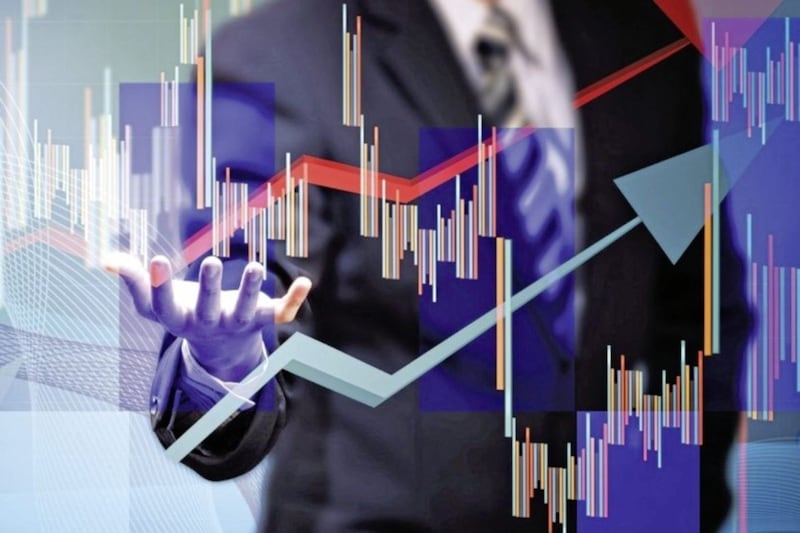AS normality starts to creep back in, it is less clear where markets are heading. We are in the middle of the political party conference season and while it is a relief to see a more normal setting than this time last year, optimism is not in such abundant supply.
Last week the US markets saw sharp falls: the Nasdaq finished the week 3.51 per cent lower and the S&P 500 was down 2.21 per cent. This was mirrored in Europe as the Euro Stoxx index fell 2.96 per cent and in Japan the Nikkei was down 4.89 per cent. In the UK the FTSE 100 was only marginally lower, benefitting from its value orientated components, finishing down 0.35 per cent on the week. Of the major markets only Hong Kong was up (by1.59 per cent).
It is always difficult to predict the future market direction, but there seem to be more unusual circumstances that make it even harder now. We are starting to emerge from a crisis that has plunged the global economy into deep uncertainty and the path out is not likely to be smooth.
Over the past week we have seen the end of furlough, an increase in VAT for hospitality, the end of the stamp duty holiday and this week sees an end to the boost in universal credit. That is quite a lot to swallow in a short space of time.
Add to that the increasing unease about the supply chain problems and we seem to be facing very uncertain times. The panic buying of fuel which has highlighted the fragility of its supply shows just how finely balanced it is. As we approach the all-important run up to Christmas, we are already hearing warnings of shortages made worse by the chronic shortage of drivers. Add in a couple of negatives such as the surge in energy prices and Brexit red tape and it is not hard to see why business confidence is sliding.
We have seen some good news recently: gross domestic product in the UK, the most commonly used measure of economic growth, saw a substantial rise in the second quarter of the year, rising by 5.5 per cent (up from an initial estimate of 4.8 per cent) which means it is only 3.3 per cent below pre-pandemic levels. This was driven by consumer spending which rose by 7.9 per cent as restrictions were lifted. The ratio of sales to the FTSE All-share index is above its 25-year average, which in the past has predicted a good return on equities.
However, circumstances are somewhat unusual at present and rather than indicating that consumers anticipate good times ahead, the strong showing in retail sales could well be because they are catching up on spending after lockdown.
Taking all of this together, it is clear that there are very conflicting influences on the market. The fear of inflation and the prospect of paying for the pandemic via tax increases are also weighing on the economy. The autumn is likely to be a time of transition and this may well be reflected in the market with increased volatility.
:: Cathy Dixon is a partner at the Belfast office of Smith & Williamson Investment Management. This article does not constitute a recommendation to buy or sell investments and the value of any shares may fall as well as rise.









